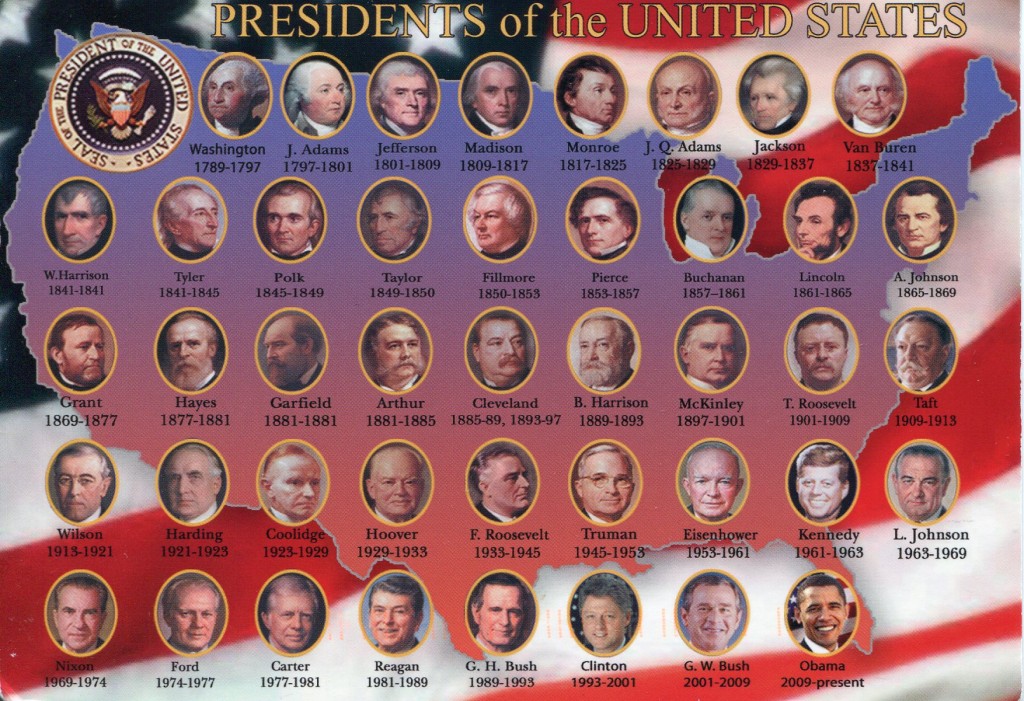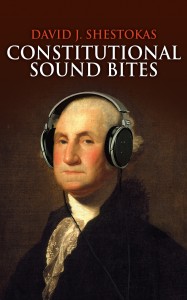 The unspoken expectation of the Constitution’s writers in creating the office of the president was that a person they could trust, George Washington, would be the first president. The people who had fought a war to rid themselves of a king created a president with great authority. The power of the president is a result of the faith placed in Washington.
The unspoken expectation of the Constitution’s writers in creating the office of the president was that a person they could trust, George Washington, would be the first president. The people who had fought a war to rid themselves of a king created a president with great authority. The power of the president is a result of the faith placed in Washington.
The United States President is called the most powerful individual in the world. The source of this power is the Constitution’s Article II. Article II uses about 1000 words to define the term of office, the selection, qualifications, oath, responsibilities and impeachment provisions. It starts modestly:
“The executive power shall be vested in a President of the United States of America.”
George Washington: Father of the Country
 The office was defined simply because of George Washington, the Father of the Country. He was Commander and Chief of the Continental Army. The army he led defeated Great Britain, then the world’s super power in the War for Independence. At the end of the war in 1783 at a time when great generals often were crowned kings, Washington left public life, showing the world that there would be no royalty in the new America.
The office was defined simply because of George Washington, the Father of the Country. He was Commander and Chief of the Continental Army. The army he led defeated Great Britain, then the world’s super power in the War for Independence. At the end of the war in 1783 at a time when great generals often were crowned kings, Washington left public life, showing the world that there would be no royalty in the new America.
In 1787 he was recruited to serve as president of the President of the Philadelphia Convention that created the Constitution. His signature is the first on the Constitution. Two years later, in 1789, he was elected first president under the new Constitution. For the next eight years he would set hundreds of precedents on how to conduct the office. Among them was adopting the non-royal title: “Mr. President”. In 1797, he set a precedent that would last over 140 years by retiring after eight years.
Washington, by example, demonstrated that in the American republic, there would be no royalty and that government worked best for the people when citizens served and returned to private life. His return to private life and relinquishing power proved that he had been worthy of the trust placed in him to set the standard for conduct of the presidency.
An Oath Because Future Presidents Would Not be Washington
The Constitution’s Article VI requires all federal, state and local officials take an oath to the Constitution, but the exact words of these oaths are not defined. Only the presidential oath is explicitly written into the Constitution. This was because the powerful American presidency was unlike any office in history, and the Founders knew there would not be another president of the character of George Washington.
The office of the president was devised to possess particular attributes: discretion, vitality, secrecy, promptness, and responsiveness. The Framers believed the country’s presidency needed such qualities to be effective, particularly in a time of crisis. The office was created with these thoughts in mind.
The president was granted great power, but the Constitution restrains that power. The president must work within those restraints. The specific oath is designed to call the president’s attention to the constitutional limits on his power. Before taking office the president swears to exercise his power within constitutional limitations. While George Washington had demonstrated that he would not conduct the presidency as if he were king, the following oath was written into the Constitution to remind future presidents that they were not kings:
“I do solemnly swear (or affirm) that I will faithfully execute the Office of President of the United States, and will to the best of my Ability, preserve, protect and defend the Constitution of the United States.”






[…] The President’s assumption of office begins with this solemn oath: […]